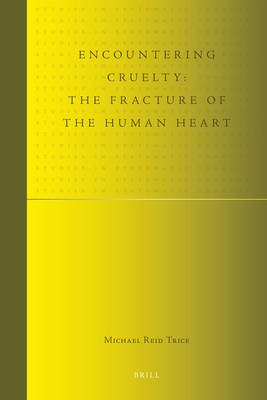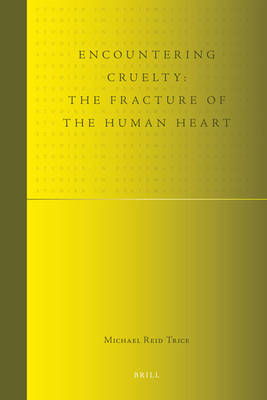
- Afhalen na 1 uur in een winkel met voorraad
- Gratis thuislevering in België vanaf € 30
- Ruim aanbod met 7 miljoen producten
- Afhalen na 1 uur in een winkel met voorraad
- Gratis thuislevering in België vanaf € 30
- Ruim aanbod met 7 miljoen producten
Zoeken
Omschrijving
Interest in recent years in reconciliation and conflict transformation has witnessed a great deal of attention to building a future through forgiveness and preventative measures in order to impede egregious wrongdoing. This effort for a reconciled future is absent reflection on the nature of cruelty. Cruelty has always been apparent in massive acts of wrongdoing and yet is repeatedly concealed in our assessment of the acts themselves. This book is a theologically honest and deep-structure exploration of cruelty in its personal, communal and institutional encounters in human life. Drawing on Nietzsche's challenge of cruelty to the western tradition, the work offers a comprehensive study of how cruelty undermines care, trust, respect and justice - all those elements of human reciprocity that mark our lives as interdependent beings. The work concludes with a tightly written Epilogue on interpreting the theological meaning and accessibility of reconciliation today.
Specificaties
Betrokkenen
- Auteur(s):
- Uitgeverij:
Inhoud
- Aantal bladzijden:
- 448
- Taal:
- Engels
- Reeks:
- Reeksnummer:
- nr. 6
Eigenschappen
- Productcode (EAN):
- 9789004201668
- Verschijningsdatum:
- 21/04/2011
- Uitvoering:
- Hardcover
- Formaat:
- Genaaid
- Afmetingen:
- 155 mm x 235 mm
- Gewicht:
- 829 g

Alleen bij Standaard Boekhandel
+ 705 punten op je klantenkaart van Standaard Boekhandel
Beoordelingen
We publiceren alleen reviews die voldoen aan de voorwaarden voor reviews. Bekijk onze voorwaarden voor reviews.








